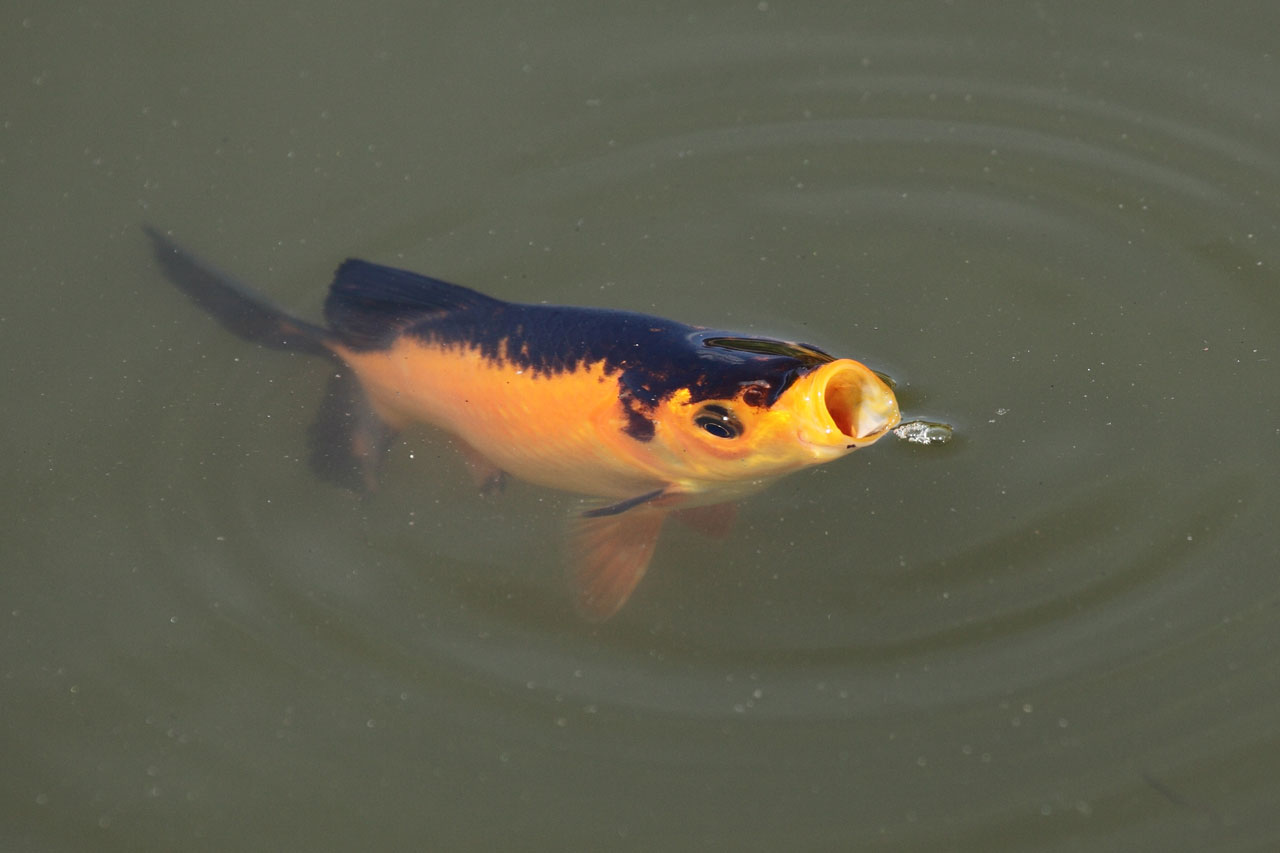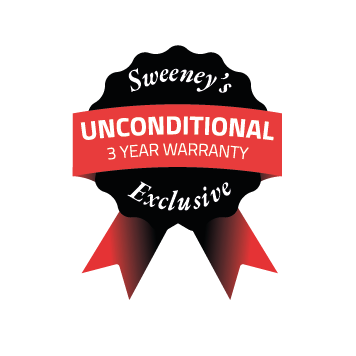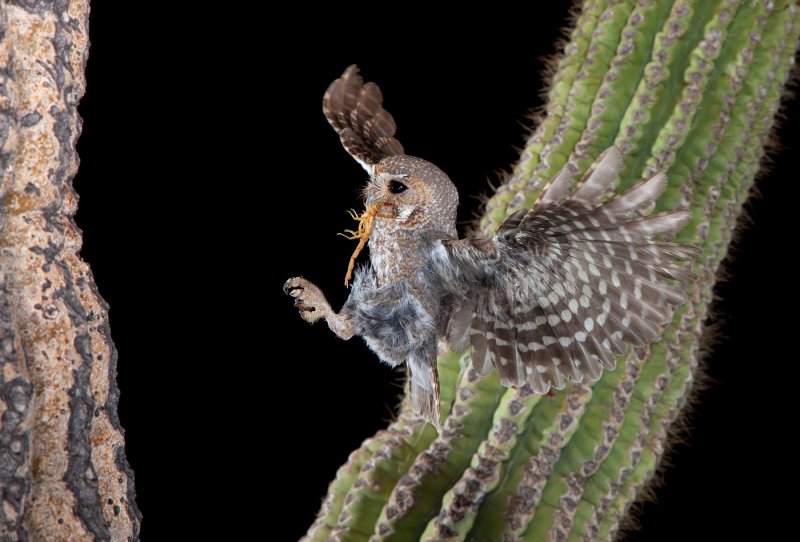
Blog
- SEO Team
What to Feed Pond Fish – The Sweeney Guide

The idea of having a pond or lake on your property might seem appealing for most property owners. A fishpond of your very own can provide endless hours of fun for fishing enthusiasts and their guests. But this begs the question – what to feed pond fish?
As any pond owner will tell you, it is important to know how to care for your fish and help them grow in a healthy environment. In the wild, your fish will feed on worms, leeches, insects, weeds, algae, and other types of food that can be found naturally in lakes or ponds.
Your fish will depend on a supplemental food source, especially if you are growing them for sport or want to have a healthy stable adult population. Let’s take a closer look at when, how and more importantly, what to feed pond fish.
How much to feed them?
The number of fish in your pond, its size and the use of a pond aerator can affect the quantity of feed you will need to supply your fish with. If you decide to aerate your pond, your fish will be more active – and you will have to feed them more. As a rule of thumb, it’s a good idea to start feeding your fish half a pound to one pound of pellets per acre of water, two to three times a day. Sweeney’s Directional Feeder is the best choice for small to medium sized ponds, with a total capacity of 125 pounds and leg packages designed for docks or banks.
When to feed pond fish?
Your pond’s water temperature also influences how much your fish will eat. Water temperature generally starts dropping in fall, and fish will eat less and less, until springtime when the water begins to warm up again. Feed your pond fish when the water temperature is above 50 degrees F – if the temperature is below that, you can stop feeding your fish. With the help of an automatic pond fish feeder, you will be able to program your feeding sessions at regular intervals.
What to feed pond fish?
It’s a good idea to stock your pond with a good ratio of prey to predator fish and to add minnows from time to time. Creating a proper fish habitat will also enable smaller fish and minnows to reproduce naturally and maintain a natural balance.
Supplemental fish pellets are the best choice for many types of fish, including bass, bluegill, and more. These pellets are packed with huge amounts of vitamins and protein, encouraging growth and providing your with a balanced nutrition that increases their disease resistance.
If you want your fish to grow faster, opt for fish food with at least 40% protein. If you recently stocked your pond or lake with smaller fish, it’s a good idea to crush the pellets into tiny pieces, to make them easily edible.
Recent Articles

We built our first timer over 50 years ago. With that timer, we established a constant determination to build quality products that meet our customers’ needs. This unwavering focus on quality products and excellent customer service is the foundation of Sweeney Enterprises.



